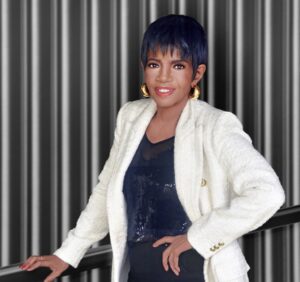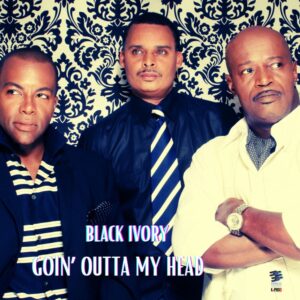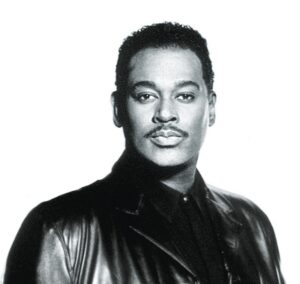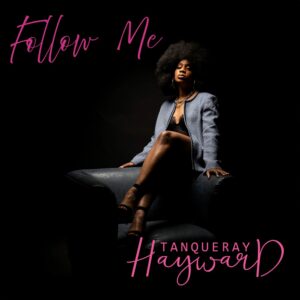With a name derived from the 1977 hit song by Brick (“Dazz” or disco-jazz), Kinsman Dazz burst onto the scene in 1978 with their own brand of Ohio funk. Their first two albums, on 20th Century Fox Records, resulted in a couple minor hits and began to gather a small following for the group. In 1980 the group, then consisting of leader Bobby Harris, Mike Calhoun, Michael Wiley and his brother Isaac Wiley, singer/trumpeter Skip Martin, Eric Fearman, Ken Pettus, Kevin Frederick and Pierre DeMudd, shortened its name to The Dazz Band and signed with Motown Records.
The Dazz Band’s first two Motown albums didn’t do much better than their earlier releases, hitting the middle of the R&B charts. But that all changed with 1982’s Keep It Live, a funkier, club friendly album that included the uber-infectious dance hit “Let It Whip.” That single instantly turned the group into stars, topping the R&B and Dance charts and winning for The Dazz Band a Grammy for Best R&B Performance. It also began a half decade of chart strength, mostly consisting of upbeat hits that followed the template of “Let It Whip.” “Joystick,” “On the One for Fun” and “Let It All Blow” all hit the top ten and the accompanying albums were equally successful.
By 1986 the group’s sound began to sound predictable and lose its appeal. Despite switching from Motown to to Geffen and then to RCA, as well as attempting to move to more of a rock feel in their music, the Dazz Band never again achieved the level of success they hit during the peak years of 1982-85. The group split for a period in the early 90s, but reunited for a couple albums on Intersound Records in 1997-8 (which barely charted) and independently released their last album, Time Traveller, in 2001.
In the 21st century, individual members continued to have their own projects (particularly Martin and Calhoun), while versions of the group toured sporadically in multi-artist funk shows. More recently, Calhoun and Pettis went back to the future, reforming the Kinsman Dazz Band along with a number of new members, and recording solid, enjoyable new soul and funk music songs.
by Chris Rizik










